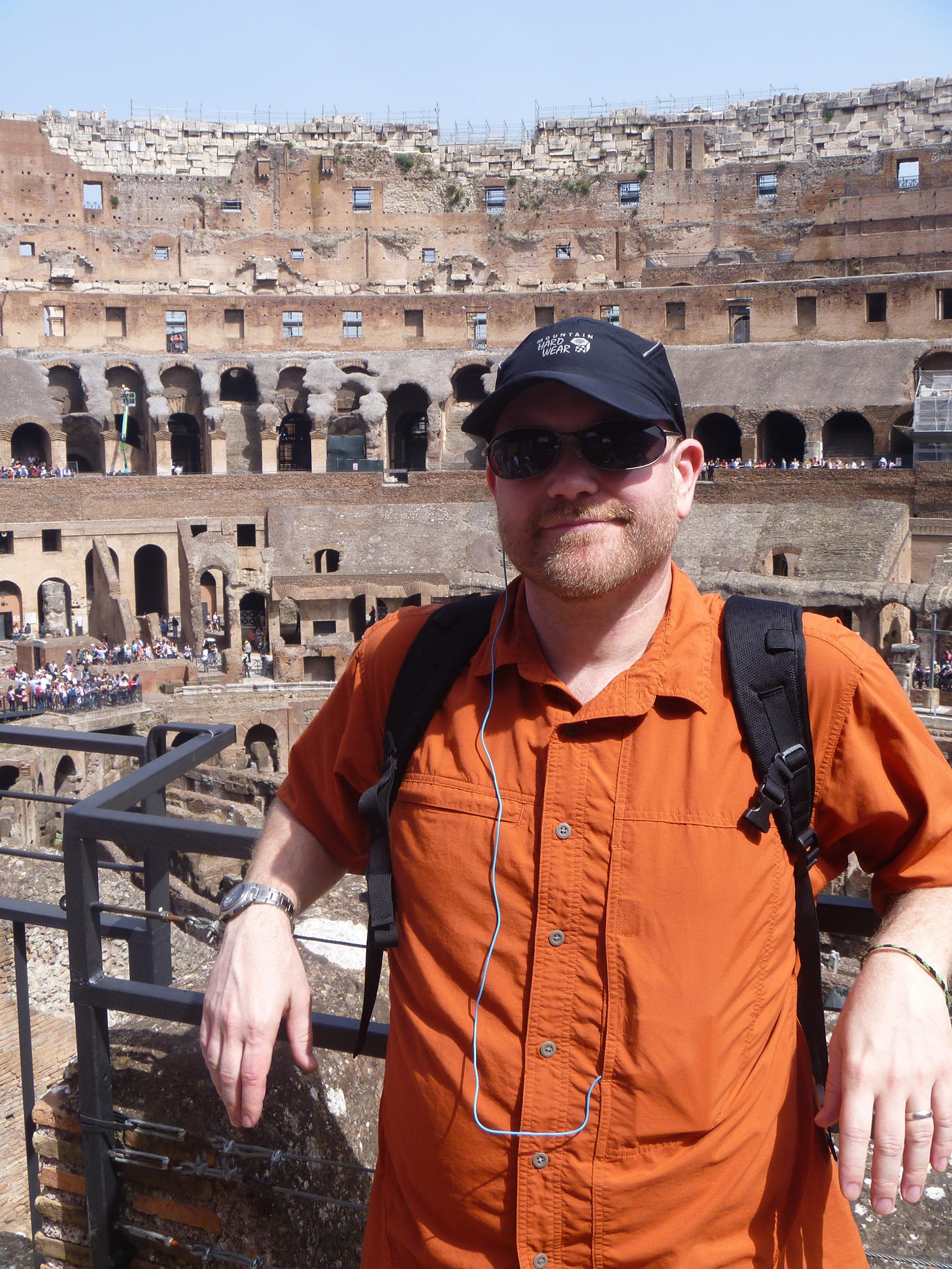This bonus newsletter is a monthly feature for paid subscribers, the ninth in the series. These extras showcase edited interviews with someone whose work intersects in some way with this newsletter’s focus—place, history, writing. I hope you enjoy this one and those to come.
Introduction
Back in the 1990s, Derek Larson and I were both in graduate school studying Pacific Northwest environmental activism. Our physical paths crossed rarely, but our shared interest in our home region ensured that our intellectual paths crossed often. Derek is a native Oregonian with multiple degrees in history and religious studies. He’s spent his academic career at College of Saint Benedict and Saint John’s University where he has built its environmental studies program. Besides his dedication to undergraduate education, Derek is committed to relevant research and writing. His book, Keeping Oregon Green: Livability, Stewardship, and the Challenges of Growth, 1960-1980, tells the critical story of Oregon’s transformation into an environmental bellwether.
(NOTE: the following interview has been edited for clarity and brevity.)
Adam Sowards
How do you describe yourself and your work?
Derek Larson
If people ask me, “what do you do?” I tell them I'm a teacher. If it's clear they want more than that, then I will expand that. I've learned over the years that if I say I teach history that often ends the conversation, or leads to, “Oh, I hated history in high school, or I really don't like history; it's boring,” or it's pretty clear they don't want talk about it. With the general public, if it goes beyond I'm a teacher or it's a setting where it feels appropriate to say something else, I'd say I'm an environmental historian, and that leads to, “oh, what's that?.”
I look at the roles and the interactions of human culture and nature in the past as a way to think about the present and our future.
That's my general answer.
Then again, depending on the context, sometimes I'll say I teach history and environmental studies. That creates a different conversation because they don't know what environmental studies is or assume I said environmental science. I'm an environmental historian, but I'm doing environmental history as a teacher in the context of environmental studies most of the time.
Adam
I remember a short bio of you that I must have encountered when we first met. It said something like, you're a fourth or fifth generation Oregonian. I'm curious if you could talk about what that means to you, especially since it's been more than 30 years since you've lived in Oregon. How does that absence play a part in your identity?
Derek
That's changed. Whenever I wrote that—which was probably 20 years ago—I was less far removed in time from living in Oregon and that identity as a Northwesterner. I've now been in Minnesota longer than I've been any place else. I would have been 23 when I left Oregon, and I spent a couple years in Connecticut and five years in Indiana, and I've been here 26 years now. I don't feel like a Minnesotan, but I don't feel much like an Oregonian so much anymore. I think of myself as more of a generically Pacific Northwesterner.
Keep reading with a 7-day free trial
Subscribe to Taking Bearings to keep reading this post and get 7 days of free access to the full post archives.




